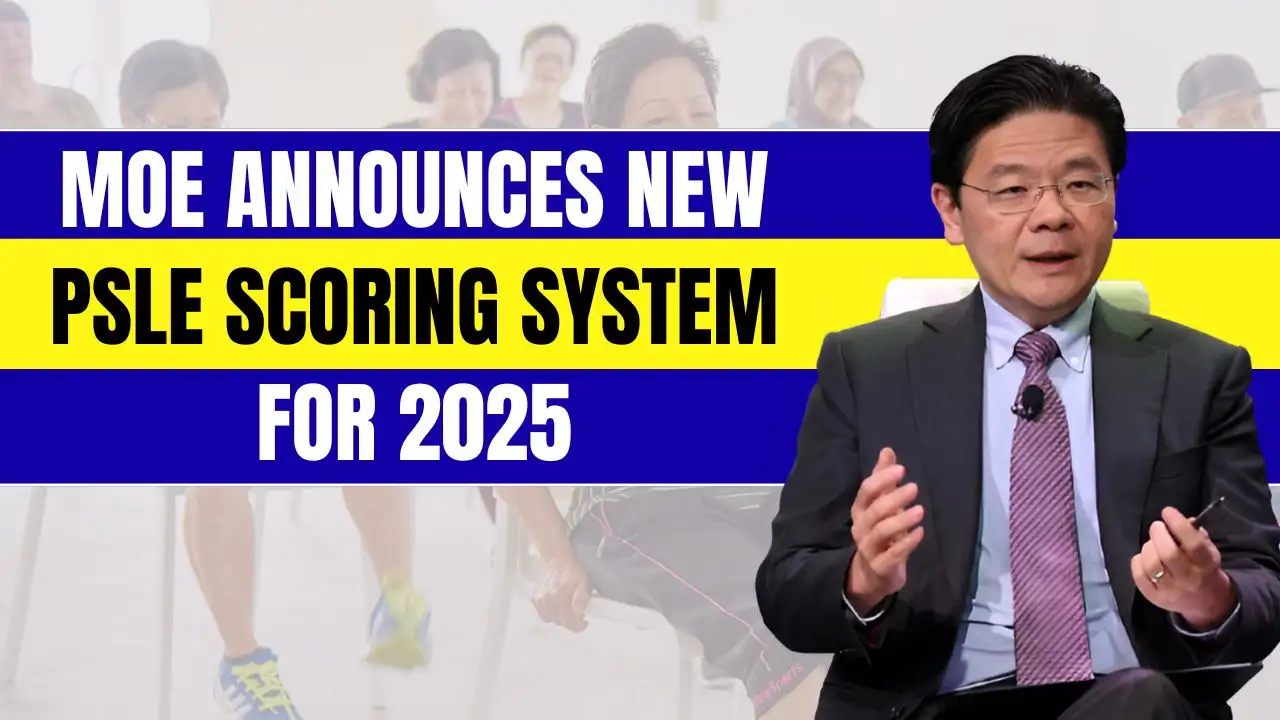Changes to the PSLE scoring system, which had been around since the inception of the primary school exit exam, would therefore be substituted with a more applicable method of evaluation that reflects students’ academic abilities. This, alongside the minimization of anxiety put on students, would also be the aim of the revised PSLE scoring system.
They also introduced these changes because the PSLEs are a milestone, and hence parents should understand how the new regulations will affect the student’s progress. Basically, the new scoring system is discussed here with the essential information that must concern parents.
What’s Changing in the PSLE Scoring System?
Among all PSLE scoring systems, the one that sticks out for being the most outstanding is the shift from the old T-score system to the new-level Achievement Level system. The new system awards students based on individual achievement rather than by ranking them against others.
Each student will hence be given a score based on their performance in a subject, which score will be levelled from 1 to 8, with 1 being the highest. This is towards very holistic measures that acknowledge a student’s abilities a bit more fairly.
Why Is the MOE Changing the Scoring System?
The MOE undertakes this reform of the scoring system expressly for the sake of reducing stress and pressure traditionally felt during examination time. Under the old system, students were pitted against each other based on their scores relative to each other, thus putting considerable stress on them.
In the view of the MOE, going with this drastic shift means placing less emphasis on comparison and more focus on individual achievement. Such reforms support the MoE’s overarching approach to educating its people in a more coordinated way.
How Will the AL System Affect Your Child’s Results?
With the AL system, students will attain a fairer and better picture of their academic strengths. For instance, a student who excels in one subject while struggling with others would have their performance assessed within each subject area, rather than being penalized with an overall ranking.
In this sense, it makes the whole idea more worthy and internally motivating because students can spend time doing what they are supposed to.The new system will also serve to sustain and promote students’ emotional wellness, with special emphasis on their growth and progression as individuals.
Implications for School Placement and Future Pathways
Despite differences in scoring, the PSLE is an important component in determining students’ secondary school placements; however, the new regulations will imply that there will be less focus on contrasting students. Secondary school placements will be determined by students’ individual subject performance and overall Achievement Levels.
